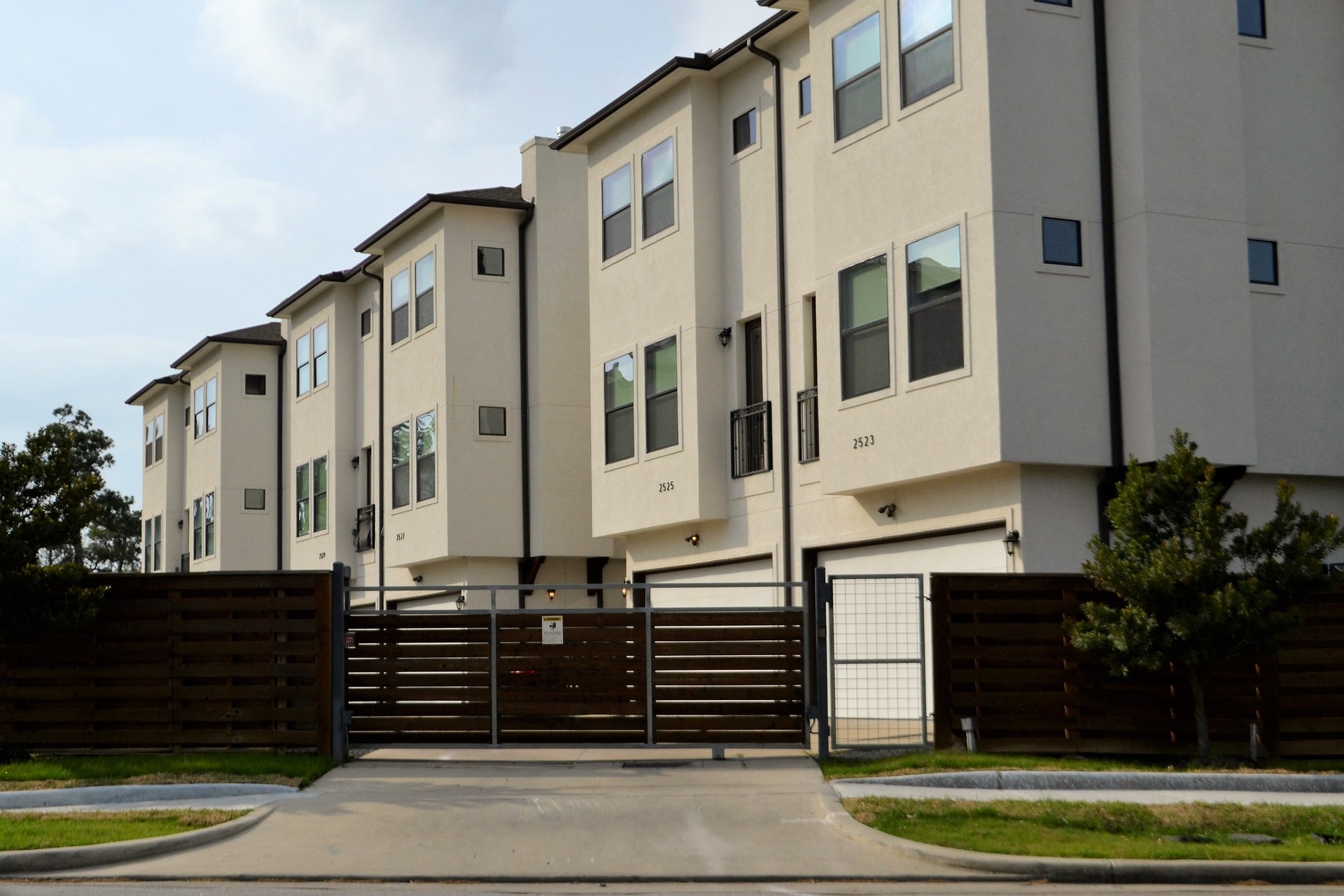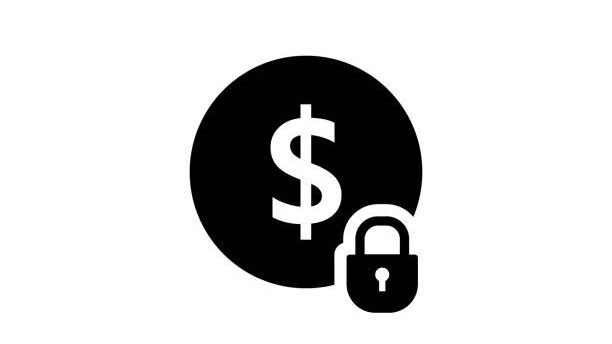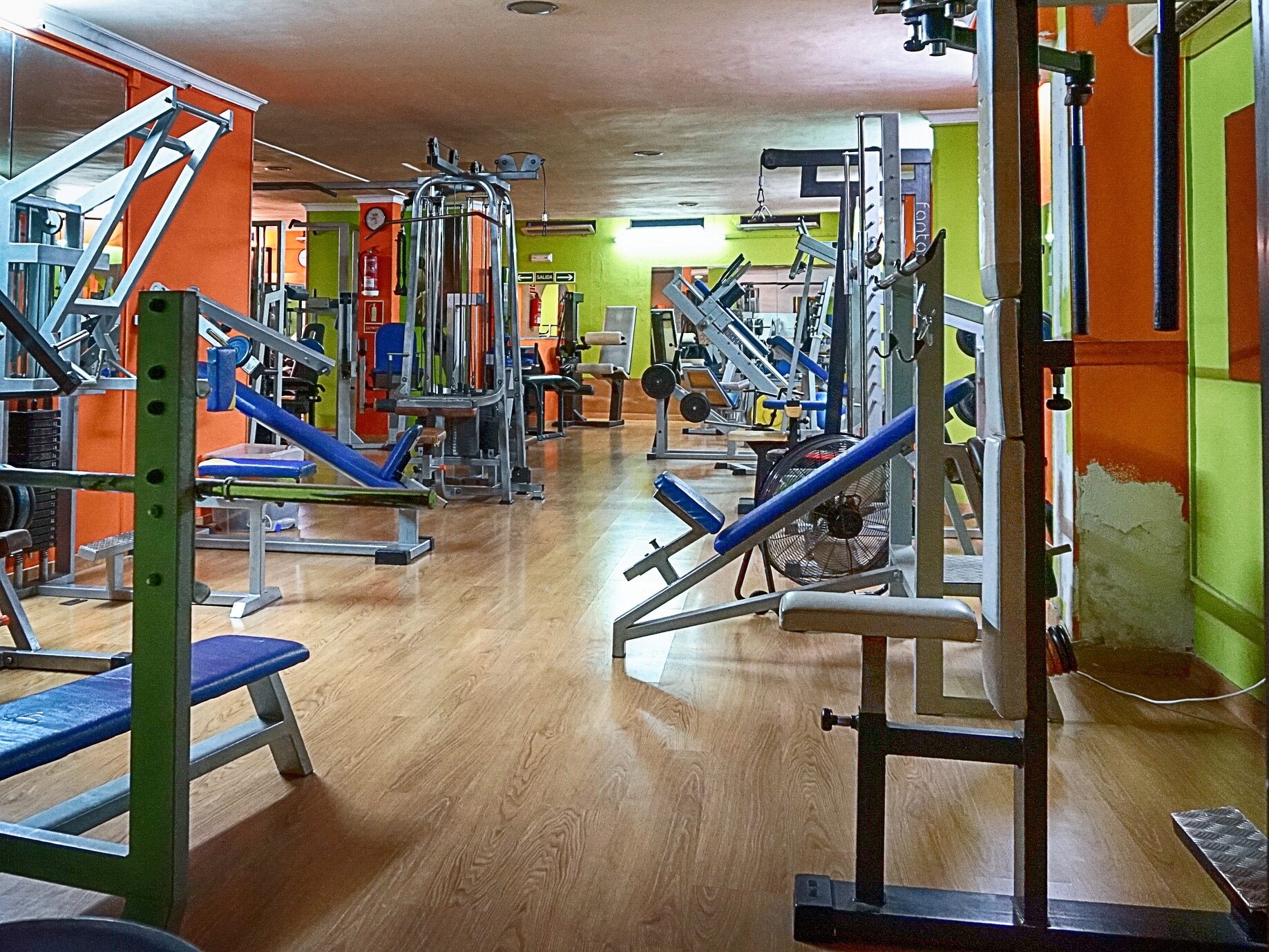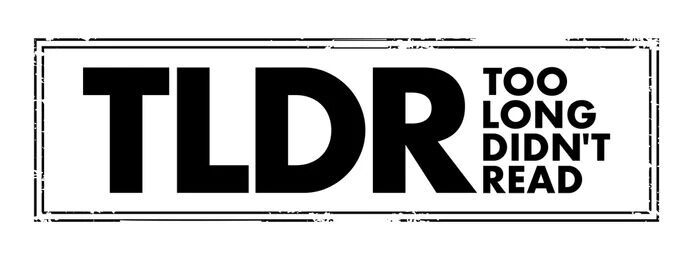
Intro
In today’s dynamic world, the question of whether to rent or buy a house is more relevant than ever. Among the myriad factors influencing this decision, financial considerations often take the front seat.
What is the best reason for why someone would want to lease a house instead of buy one?
This query is multifaceted, but a deeper dive reveals that the advantages of renting can significantly outweigh those of buying for many individuals.
From financial flexibility to freedom from maintenance concerns, renting offers a breadth of benefits that can enhance one’s lifestyle and financial health.

Financial Flexibility: A Core Advantage of Renting
Financial flexibility emerges as the cornerstone among the advantages of renting, providing a significant argument in the conversation around what is the best reason for why someone would want to lease a house instead of buy one.
In the landscape of personal finance, the importance of liquidity and the ability to respond to life’s unpredictable turns cannot be overstated. Renting a home requires considerably less upfront financial commitment, eliminating the need for a hefty down payment that is typically associated with purchasing a home.
This lower barrier to entry not only makes housing more accessible but also preserves an individual’s financial agility.
The absence of a large down payment opens up avenues for individuals to deploy their capital in ways that resonate with their personal and financial objectives.
Instead of sinking a substantial amount of money into home equity, renters have the latitude to invest in diversified portfolios, save for entrepreneurial ventures, or even build an emergency fund that offers a buffer against life’s uncertainties.
This strategic allocation of resources underscores the financial prudence inherent in choosing to rent.
Moreover, renting sidesteps the long-term financial commitment and the potential for liquidity constraints that come with homeownership. In an era where career changes and geographical mobility have become the norm, the ability to pivot without the financial encumbrance of a mortgage enhances one’s ability to navigate and adapt to life’s changes.
This aspect of renting not only fosters financial resilience but also aligns with the modern ethos of seeking flexibility and freedom in both professional and personal realms.

No Maintenance Worries: The Hidden Financial Relief in Renting
Delving into the advantages of renting unveils a compelling aspect often overlooked: the financial relief and convenience brought forth by the absence of maintenance responsibilities.
Unlike homeowners, who bear the brunt of upkeep and unexpected repair costs, renters navigate a more predictable financial landscape. This advantage transcends the mere convenience of delegating repair tasks to a landlord.
It embodies a significant financial strategy, cushioning renters from the unpredictability and often substantial costs associated with home maintenance.
Consider the scenario of a sudden appliance breakdown or an urgent plumbing issue in a rental situation. The renter’s pathway involves a straightforward communication with the landlord, who is typically responsible for the resolution and financial outlay of such repairs.
This dynamic shifts the fiscal burden away from the renter, fostering a budgeting environment that is markedly more stable and predictable. The security of knowing that one’s living situation is not subject to the volatility of repair costs offers a peace of mind that is invaluable.
Furthermore, this aspect of renting aligns with a prudent financial approach, maximizing the efficiency of one’s budget by eliminating the variable and often high costs associated with home maintenance.
It’s a dimension of renting that, while subtle, plays a pivotal role in the financial well-being and stress reduction for individuals and families alike.
Engaging with this benefit allows renters to channel their financial resources into other priorities, reinforcing the notion that the advantages of renting extend well beyond the surface level, embedding a layer of financial strategy into the choice to rent.

The Freedom to Explore and Adapt
The allure of renting extends far beyond mere financial considerations, it taps into a deep-seated desire for personal growth and exploration. In an era where life’s only constant is change, the ability to seamlessly transition from one environment to another is not just a convenience, it’s a necessity for many.
The freedom afforded by renting allows for an exploratory lifestyle that homeownership simply cannot match.
Whether it’s moving closer to a burgeoning career opportunity, embracing a new cultural experience in a different city, or simply seeking a change of scenery, renting is the enabler of such life enriching experiences.
This dynamism offered by the option to rent encourages individuals to live in a state of readiness, enabling them to take advantage of opportunities as they arise. It’s a lifestyle choice that resonates with the adventurous, the ambitious, and those keen on personal and professional development.
Renting supports a mode of living that is unfettered by the weight of property sales and the often complex, time-consuming processes involved in changing one’s base of operations.
Moreover, the option to lease provides a canvas for personal expression and living space customization without the permanence and financial commitment of homeownership.
It allows for a trial period in new locales, offering insights into local life before making any long-term decisions. This adaptability and ease of transition highlight the advantages of renting, positioning it as a strategic choice for those looking to maximize their life experiences and growth opportunities.
It reaffirms the notion that what is the best reason for why someone would want to lease a house instead of buy one is not just about financial savvy, but also about fostering a lifestyle that is rich in diversity and experiences.

Fixed Costs for Budgeting Ease
One of the standout advantages of renting lies in the financial predictability it offers through fixed monthly payments. This straightforward approach to budgeting is a breath of fresh air for those who value a clear financial horizon.
By locking in a consistent payment amount for the tenure of a lease, renters can sidestep the financial vagaries that often accompany homeownership.
Unlike homeowners who must juggle the unpredictability of property taxes, homeowners’ insurance adjustments, and the sudden financial demands of home repairs, renters enjoy a level of financial steadiness.
This stability isn’t just about peace of mind; it’s a practical foundation for effective financial planning and management.
This consistent outlay simplifies the process of budgeting, allowing individuals to allocate their resources with greater confidence and precision.
Knowing exactly how much of your income is dedicated to housing each month empowers you to plan for other financial goals with clarity.
Whether it’s saving for a dream vacation, investing in personal development, or building a safety net, the fixed costs associated with renting can serve as a cornerstone for these ambitions.
It’s this aspect of renting that dovetails perfectly with a strategy of financial prudence and foresight.
In a world where economic stability can sometimes feel elusive, the ability to plan with certainty stands out as a significant advantage, reinforcing the broader economic argument for the advantages of renting.

Access to Amenities with No Extra Charge
Exploring the multifaceted advantages of renting, one cannot overlook the intrinsic value of accessing a range of amenities without incurring additional expenses.
Rental properties often come equipped with features such as state-of-the-art fitness centers, serene swimming pools, and vibrant community spaces, all included in the monthly rent.
This aspect of renting transcends the convenience of having these facilities at one’s doorstep; it represents a profound financial strategy, sparing renters from the hefty investments required to own or join comparable facilities independently.
For those inclined towards a lifestyle punctuated by wellness and social engagement, these amenities offer more than mere physical spaces; they provide avenues for personal development and community connection.
The absence of extra charges for these luxuries allows individuals to indulge in and benefit from these facilities without the burden of additional financial commitments.
This unique advantage speaks to a broader strategy of maximizing life’s quality without compromising financial health.
The significance of this benefit extends into the realm of personal finance, where every dollar saved is a dollar that can be strategically redirected towards achieving broader financial goals.
Whether it’s bolstering an investment portfolio, expanding one’s savings, or funding personal growth endeavors, the cost-efficiency realized through inclusive amenities can play a pivotal role in financial planning.
It’s an elegant solution that harmonizes lifestyle aspirations with prudent financial management, embodying the essence of what the advantages of renting can offer to individuals seeking to optimize their living experience and financial well-being simultaneously.

The Economic Argument: Assessing Opportunity Costs
Diving into the economic principles that underpin our financial decisions, it’s essential to weigh the concept of opportunity costs, a pivotal factor when contemplating what is the best reason for why someone would want to lease a house instead of buy one.
The decision to rent frees up substantial capital that would otherwise be locked into a down payment and ongoing homeownership costs.
This liberated capital presents an array of alternative investment opportunities that could potentially yield higher returns than the real estate market.
Renting not only conserves financial resources but also empowers individuals to engage in more liquid and diverse investment strategies. The flexibility to invest in stocks, bonds, or even start-ups offers a broader spectrum of financial growth opportunities compared to the singular, often illiquid investment in real estate.
This approach to managing finances underscores the importance of evaluating every financial decision in light of its opportunity cost – what one might forego in pursuing one path over another.
Understanding and applying the concept of opportunity costs guides individuals towards making informed decisions that align with their long-term financial goals and lifestyle aspirations.
It’s a strategic examination of potential financial pathways, spotlighting the advantages of renting as a choice that can lead to optimized financial health and flexibility.
In this context, the wisdom of allocating resources in a manner that maximizes potential returns becomes clear, illustrating a crucial economic argument in favor of renting over buying.
This evaluation of opportunity costs enriches the discourse on what is the best reason for why someone would want to lease a house instead of buy one, presenting a compelling case for the financial and strategic advantages of renting.

No Exposure to Real Estate Market Fluctuations
One of the subtly powerful advantages of renting is the inherent shield it provides against the turbulence of the real estate market.
In a financial landscape where property values can shift with the winds of economic change, the stability that comes from renting is not to be underestimated.
Homeownership, often venerated for its investment potential, carries with it the susceptibility to market downturns. These fluctuations can erode equity and, in more severe cases, leave homeowners owing more than their property’s worth—a scenario from which renters remain blissfully detached.
This insulation from market risk is a critical component of the broader financial strategy behind renting.
It affords individuals the mental bandwidth and economic stability to focus on other financial ventures that may offer more immediate or higher returns.
Where homeowners must navigate the precarious balance of market trends, interest rates, and property values, renters operate in a sphere removed from these concerns.
By sidestepping the direct impact of real estate market fluctuations, renters enjoy a form of financial and psychological tranquility. This tranquility stems from the knowledge that their living situation and financial investment are not at the mercy of uncontrollable market forces.
It’s a strategic choice that prioritizes safeguarding one’s financial future over the allure of potential home equity gains.
In a world where economic certainty is a rare commodity, the value of this protection cannot be overstated, forming a key part of the narrative on the advantages of renting and enriching the discussion around what is the best reason for why someone would want to lease a house instead of buy one.

TLDR
To distill the essence of our discussion, renting houses emerges as a multifaceted choice that extends beyond mere housing—it’s a lifestyle and financial strategy.
This choice is illuminated by a plethora of advantages that collectively cater to the contemporary individual’s needs for flexibility, economic agility, and a life free of the burdens that often accompany homeownership.
Central to the argument on what is the best reason for why someone would want to lease a house instead of buy one is the unparalleled financial flexibility renting affords.
This encompasses the ability to avoid significant upfront costs, evade the unpredictability of maintenance expenses, and dodge the rollercoaster of real estate market values.
Additionally, renting champions the freedom to relocate with ease, adapting swiftly to life’s ever-changing circumstances without the weighty anchor of property ownership.
This adaptability is complemented by the opportunity to engage in diversified investment avenues, potentially amplifying one’s financial growth beyond the confines of real estate investment.
Renters also enjoy the predictability of fixed monthly expenditures, a boon for meticulous budgeters aiming for a clear financial outlook.
Not to mention, the bonus of accessing premium amenities without the burden of additional fees enriches the renting experience, blending lifestyle enrichment with savvy financial planning.
When we synthesize these elements, the case for renting as a strategically sound, financially astute, and lifestyle-aligned choice becomes compelling.
For those navigating the modern landscape of personal and financial priorities, the advantages of renting crystallize as a pathway to a balanced, enriching, and flexible life.

You may also like our Breakdown of “Earned vs Passive vs Investment Income”
